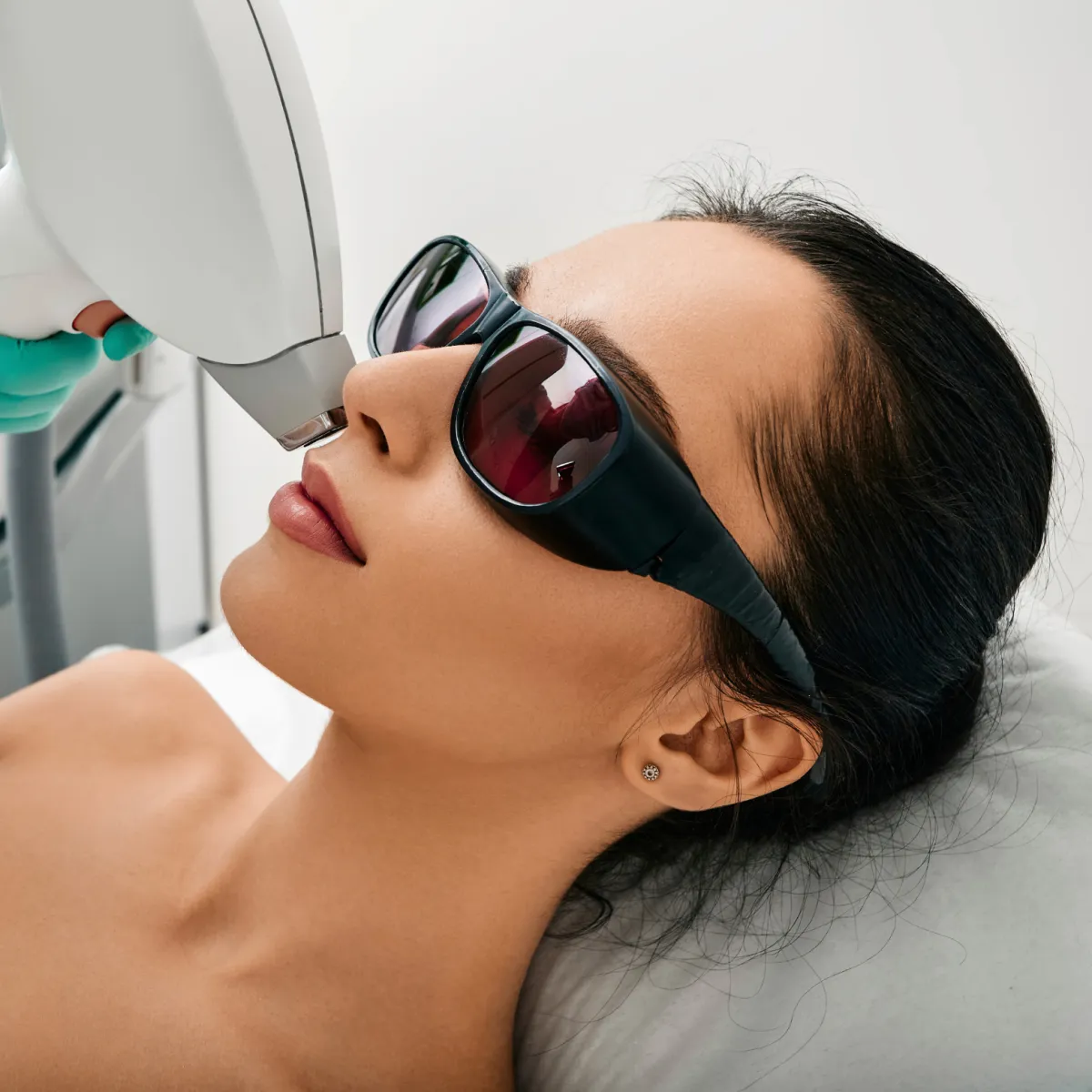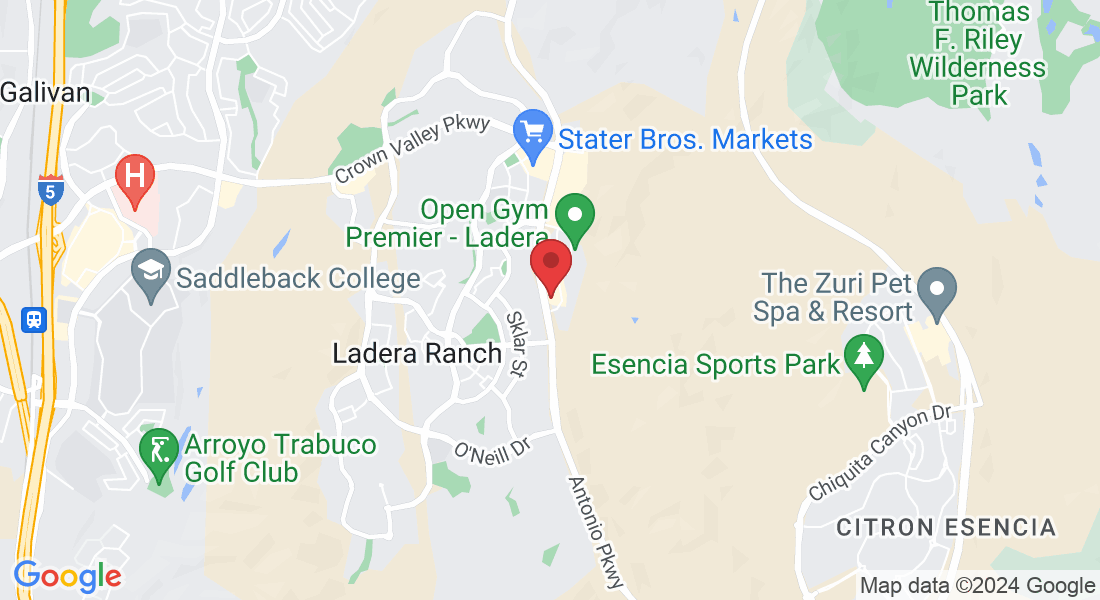
Fotona laser skin rejuvenation is a non-invasive cosmetic procedure. Here's a detailed explanation of the treatment:
1. Consultation: The process typically begins with a consultation with a qualified dermatologist or skincare specialist. During this consultation, the practitioner assesses the patient's skin concerns, discusses their treatment goals, and determines if Fotona laser skin rejuvenation is a suitable option.
2. Preparation: Before the treatment, the patient may be advised to avoid sun exposure and certain skincare products that could increase the risk of adverse reactions or affect the laser's effectiveness.
3. Procedure: The Fotona laser skin rejuvenation procedure involves the use of a specialized laser device that emits controlled pulses of light energy. The practitioner adjusts the laser settings according to the patient's skin type, concerns, and treatment goals.
4. Targeted Areas: The laser energy is directed at specific areas of the skin, such as the face, neck, chest, or hands, depending on the patient's individual needs. It can target various skin imperfections, including fine lines, wrinkles, age spots, uneven pigmentation, acne scars, and texture irregularities.
5. Mechanism of Action: The Fotona laser works by stimulating collagen production in the deeper layers of the skin, which helps to improve skin tone, texture, and elasticity. It also targets pigmented lesions and vascular structures, leading to a more even complexion and reduced redness.
6. Comfort and Safety: Fotona laser skin rejuvenation is generally well-tolerated by patients and typically requires no anesthesia. Some patients may experience mild discomfort or a warming sensation during the procedure, but it's usually manageable.
7. Duration and Number of Sessions: A single Fotona laser skin rejuvenation session typically lasts around 30-60 minutes, depending on the size of the treatment area and the specific concerns being addressed. While some patients may see noticeable improvements after just one session, optimal results are usually achieved with a series of treatments spaced a few weeks apart.
8. Post-treatment Care: After the procedure, patients may experience mild redness, swelling, or temporary darkening of pigmented lesions, but these side effects typically subside within a few days. Patients are usually advised to avoid sun exposure and use gentle skincare products to promote healing and protect the skin.
Now, regarding who might benefit from Fotona laser skin rejuvenation:
- Individuals with Aging Skin: Fotona laser treatment can effectively target signs of aging such as fine lines, wrinkles, and loss of skin elasticity, making it an excellent option for individuals looking to rejuvenate their appearance and achieve a more youthful look.
- Those with Sun Damage: Sun exposure can cause various skin concerns, including uneven pigmentation, sunspots, and texture irregularities. Fotona laser skin rejuvenation can help improve these issues and restore a more even complexion.
- Acne Scar Patients: Fotona laser treatment can also be beneficial for individuals with acne scars, helping to smooth out the skin's texture and reduce the appearance of scars for a clearer and more even complexion.
- People with Uneven Skin Tone: Whether due to sun damage, hormonal changes, or other factors, uneven pigmentation can detract from the skin's overall appearance. Fotona laser therapy can target pigmented lesions and vascular structures, leading to a more balanced and radiant complexion.
Overall, Fotona laser skin rejuvenation is a versatile and effective treatment option for individuals looking to address a wide range of skin concerns and achieve smoother, younger-looking skin. However, it's essential for patients to consult with a qualified skincare professional to determine if this treatment is suitable for their specific needs and skin type.
Who might benefit from Fotona laser skin rejuvenation:
Individuals with Aging Skin: Fotona laser treatment can effectively target signs of aging such as fine lines, wrinkles, and loss of skin elasticity, making it an excellent option for individuals looking to rejuvenate their appearance and achieve a more youthful look.
Those with Sun Damage: Sun exposure can cause various skin concerns, including uneven pigmentation, sunspots, and texture irregularities. Fotona laser skin rejuvenation can help improve these issues and restore a more even complexion.
-
Acne Scar Patients: Fotona laser treatment can also be beneficial for individuals with acne scars, helping to smooth out the skin's texture and reduce the appearance of scars for a clearer and more even complexion.
-
People with Uneven Skin Tone: Whether due to sun damage, hormonal changes, or other factors, uneven pigmentation can detract from the skin's overall appearance. Fotona laser therapy can target pigmented lesions and vascular structures, leading to a more balanced and radiant complexion.

What Our Clients Feedback

Helena M.
Dr. Ali Hamidi is the best choice for laser treatments, Botox, and fillers! I’ve had both laser and Botox procedures with him, and I am thrilled with the results. His clinic is equipped with state-of-the-art technology, and his gentle approach puts you at ease. Dr. Hamidi listens carefully to your concerns and takes the time to thoroughly explain each procedure, ensuring you are fully informed without any pressure to proceed. He performs all treatments personally, demonstrating his skill, knowledge, and genuine compassion. If I could give Dr. Hamidi ten stars, I would! I highly recommend him for his expertise and his considerate, patient-focused care. After two procedures, I am very satisfied with the results. Thank you, Dr. Hamidi!

Kim S.
I am sending this review with the best regards to express my excitement and gratitude with the Fotona 4D laser treatment performed by Dr. Hamidi. I have no history of aesthetic procedures , including facial treatments or injections. I have wanted help with the recovery and health of my skin since my teenage years. Mainly because I suffered from cystic acne and had poor skin care. Since my treatment in early June, I have seen and felt a great deal of improvement. I have noticed tightening, smoothness, and overall brightness. My under eyes are less puffy leaving me looking less tired. I definitely plan on continuing with the additional treatments recommended to reach the full potential the Fotona 4D laser treatment has to offer. Here is a picture post treatment with minimal makeup :) ⁃ Kim

Samantha D.
After coming to MD Laser I'll never go anywhere else. Dr. Ali took his time to make sure we addressed all my concerns and he the treatments work better than any laser, microneedling or toxins I've gotten in the past
FAQS
How long does Botox Last?
The duration of Botox effects can vary from person to person and depends on several factors, including the dose administered, the treatment area, individual metabolism, and muscle activity. In general, the effects of Botox typically last for three to four months, though some people may experience results that persist for up to six months or longer.
After receiving Botox injections, it usually takes a few days to a week for the full effects to become noticeable as the botulinum toxin begins to take effect and temporarily relax the targeted muscles. Over time, as the effects of Botox gradually wear off, muscle activity gradually returns, and wrinkles may begin to reappear.
To maintain the desired results, many individuals choose to undergo repeat Botox treatments every three to four months or as recommended by their healthcare provider. Consistent and regular maintenance treatments can help sustain the smoothing and rejuvenating effects of Botox over time, keeping wrinkles at bay and preserving a more youthful appearance.
It's important to note that individual experiences with Botox may vary, and some people may find that they require more or fewer treatments or experience longer or shorter-lasting results. Additionally, factors such as lifestyle habits, sun exposure, and skincare routine can also influence the longevity of Botox effects. Consulting with a qualified healthcare provider is essential to determine the most appropriate treatment plan and expectations for Botox injections based on individual needs and goals.
How does Laser Skin Rejuvenation work?
Laser skin rejuvenation works by harnessing the power of focused laser energy to target specific skin concerns and promote the body's natural healing response. There are several types of laser technologies used for skin rejuvenation, each with its own mechanisms of action and target areas.
One common approach to laser skin rejuvenation involves ablative lasers, which work by removing the outer layers of damaged skin to reveal smoother, healthier-looking skin underneath. These lasers emit high-energy pulses of light that vaporize or ablate the top layer of skin, stimulating collagen production and promoting skin renewal. Ablative lasers are effective for addressing moderate to severe signs of aging, such as deep wrinkles, sun damage, and acne scars.
Another approach is non-ablative laser skin rejuvenation, which uses lower-energy laser beams to penetrate the skin without causing damage to the surface. Instead of removing skin layers, non-ablative lasers target deeper layers of the skin, heating the tissue and stimulating collagen production. This helps improve skin texture, tone, and firmness while minimizing downtime and side effects. Non-ablative lasers are often used to treat fine lines, mild wrinkles, and uneven pigmentation.
Fractional laser technology is a variation of laser skin rejuvenation that combines aspects of both ablative and non-ablative techniques. Fractional lasers create microscopic columns of thermal injury in the skin, leaving surrounding tissue intact. This promotes faster healing and collagen remodeling while minimizing downtime and discomfort. Fractional lasers are effective for treating a wide range of skin concerns, including wrinkles, scars, stretch marks, and uneven skin texture.
Regardless of the specific type of laser used, the overall process of laser skin rejuvenation involves the following steps:
1. Consultation: Before undergoing laser treatment, patients typically undergo a thorough consultation with a qualified healthcare provider to discuss their skin concerns, medical history, and treatment goals. Based on this information, the provider will recommend the most appropriate laser technology and treatment plan.
2. Preparation: Prior to the procedure, patients may be instructed to avoid certain medications, skincare products, and sun exposure to reduce the risk of complications and optimize results. Some patients may also receive a topical numbing cream or local anesthesia to minimize discomfort during the procedure.
3. Treatment: During the laser treatment, the provider will use a handheld device to deliver precise pulses of laser energy to the targeted areas of the skin. The procedure may cause a mild tingling or warming sensation, though discomfort is typically minimal.
4. Post-treatment care: After the treatment, patients may experience temporary redness, swelling, and mild discomfort, similar to a sunburn. It's essential to follow post-treatment care instructions provided by the healthcare provider, which may include applying moisturizer, avoiding sun exposure, and using gentle skincare products.
5. Results: The results of laser skin rejuvenation typically become noticeable within a few days to weeks after treatment as the skin heals and new collagen forms. Depending on the specific laser technology used and the patient's individual response, multiple treatment sessions may be recommended to achieve optimal results.
Overall, laser skin rejuvenation is a safe and effective treatment option for addressing a wide range of skin concerns, from fine lines and wrinkles to sun damage and acne scars. By stimulating collagen production and promoting skin renewal, laser technology can help restore a more youthful, radiant complexion and improve overall skin texture and tone.
What is the best way to enhance my lips naturally?
Laser lip enhancement offers a unique and innovative approach to enhancing lip volume and shape while maintaining a natural-looking result. Here are some reasons why laser lip enhancement may be considered one of the best ways to enhance your lips naturally:
1. Precision and Control: Laser lip enhancement allows for precise control over the amount of volume added to the lips and the shape achieved. By using advanced laser technology, healthcare providers can target specific areas of the lips with accuracy, ensuring a balanced and proportionate outcome that complements the patient's facial features.
2. Customization: Laser lip enhancement treatments can be tailored to meet the individual needs and aesthetic goals of each patient. Whether you desire subtle enhancement or more dramatic augmentation, the treatment plan can be customized to achieve your desired level of volume and definition while maintaining a natural appearance.
3. Minimally Invasive: Laser lip enhancement is a minimally invasive procedure that typically involves minimal discomfort and downtime compared to surgical options such as lip implants or fat transfer. The procedure is performed using a fine laser fiber, which gently stimulates collagen production and enhances lip volume without the need for incisions or sutures.
4. Stimulation of Collagen: In addition to adding immediate volume to the lips, laser lip enhancement stimulates the body's natural collagen production process. Collagen is a protein that helps maintain skin elasticity and firmness, and its production declines with age. By promoting collagen synthesis in the lips, laser treatments can lead to long-lasting results and improved lip texture and hydration over time.
5. Safety and Predictability: Laser lip enhancement is a safe and FDA-approved procedure when performed by a qualified healthcare provider. The use of advanced laser technology minimizes the risk of complications and ensures predictable outcomes, allowing patients to achieve natural-looking results with confidence.
6. Gradual Results: Unlike injectable fillers, which provide immediate results that may appear swollen or exaggerated initially, laser lip enhancement offers a more gradual and natural-looking outcome. As collagen production increases in the lips over time, the results become more apparent and harmonious with the surrounding facial features.
7. Versatility: Laser lip enhancement can address a variety of lip concerns, including thin lips, asymmetry, and loss of volume due to aging. The procedure can also be combined with other lip enhancement techniques, such as dermal fillers, to achieve optimal results and enhance lip contour and definition.
Overall, laser lip enhancement offers a safe, effective, and natural-looking solution for enhancing lip volume and shape. By harnessing the power of advanced laser technology, patients can achieve fuller, more defined lips that complement their facial features and enhance their overall appearance with confidence.


